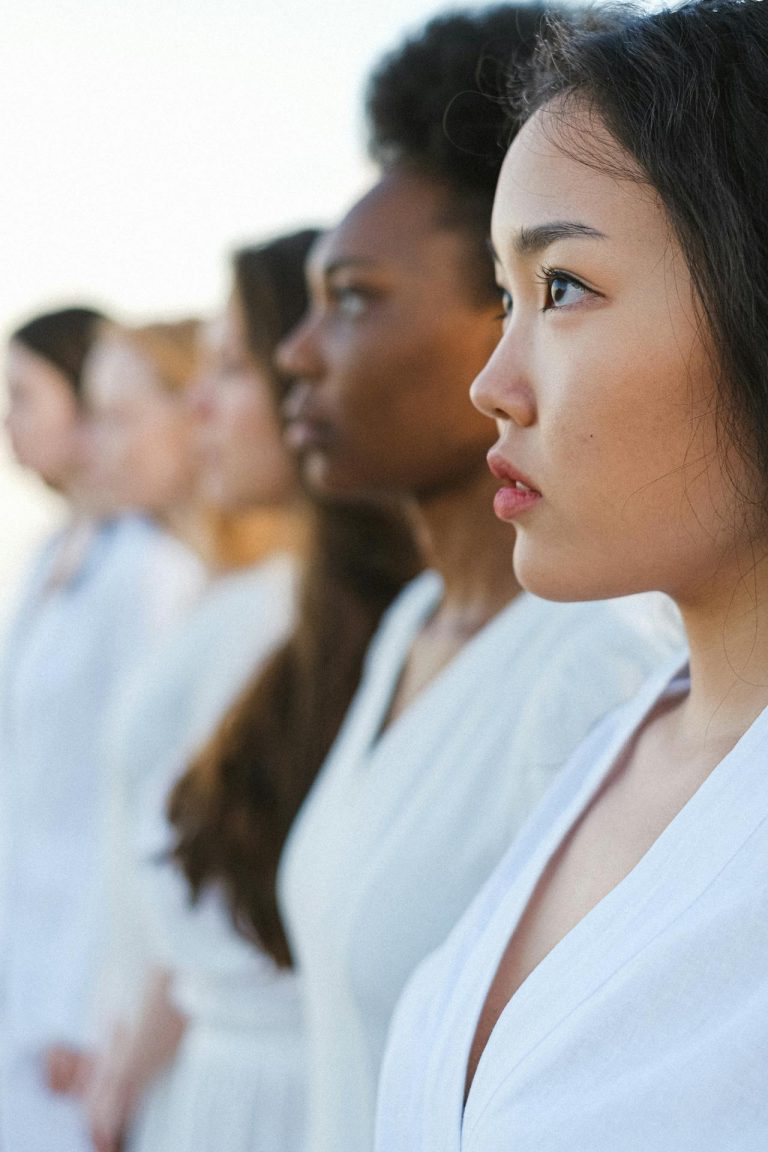Broadway’s Movin’ On Up! Dissecting Diversity In Modern Casting
Live theatre has carried its legacy down the years. An element of what remains is its exclusivity. This exclusivity extends itself through various facets location, price, and of course – the diversity of the casting.

An Evolving Industry
Broadway and the West End have always historically been predominantly white spaces. Some of the longest-running shows on Broadway and the West End – Schönberg and Boublil’s Les Misérables, Andrew Lloyd Webber’s Phantom of the Opera, and maybe Stephen Schwartz’s Wicked has been making headlines.
Les Mis has been playing in London’s Sondheim Theatre for the past thirty-six years, making it the longest show running in the West End as well as the second longest running show in the entire world.
Of its most notable productions, original West End, original Broadway, and the 2012 Academy-Award-winning film adaptation– all three principal casts had been made up of white actors and actresses. Within the last thirty years, Les Mis had begun casting people of colour in principal roles.
Redefining The Classics
Les Misérables
The 2006 Broadway revival was praised for its diverse casting. Amongst the principal cast, Filipino actors Adam Jacobs and Ali Ewoldt were cast as the two young leads Marius and Cosette. Norm Lewis was cast as Javert, making him the first African-American actor to play the role and Panamanian-American actress Daphne Ruben-Vega as Fantine. A notable replacement was Lea Salonga returning to the show from her time as Éponine in the West End during the 90s to replace Ruben-Vega as Fantine. This marked three Filipino actors playing the three main characters during the revival.
The diversity within casting had continued to the second revival of Les Misérables on Broadway in 2014, where around half of the principal cast (including replacements) had been actors of colour.
Phantom of the Opera
Similar to Les Mis, Phantom of the Opera and Wicked have historically had minimal diverse casting. Within the last six years has Phantom on Broadway begun casting more women of colour for the female lead, Christine Daaé. Ewoldt was the first Asian-American woman to be cast as Christine in 2016 and more recently, Emilie Kouatchou became the first Black woman to play the character full-time in the show’s 34 years on Broadway.
Wicked
The news of Kouatchou’s casting was only a month following Wicked announcing that Brittney Johnson would be the first Black woman to go on as the principal actress for Glinda the Good Witch (Johnson was also the first Black woman to play Broadway’s Glinda when she was going on as the understudy three years prior).
New Musicals Changing The Game
However, just because a show is new does not mean it is necessarily diverse in its principal casting. Dear Evan Hansen, the 2017 Tony Award’s pick for Best Musical– from their roster of seven previous principal Evan Hansens, only two were men of colour – Jordan Fisher and Zachary Noah Piser.
Fisher was the second Black actor to play Evan Hansen (following Roman Banks, who understudied for Evan, Connor, and Jared from 2019-2020) but the first to be a principal actor. The 2020 Broadway shutdown, unfortunately, cut his run short. Piser, originally playing as the Evan Hansen alternate in the short-lived Toronto production in 2019, had his debut in May of 2022– marking him the first Asian-American actor to play the titular role in its six years on Broadway. Additionally, in May, Talia Simone Robinson became the first Black actress to play the role of Zoe Murphy full-time at the Music Box Theatre.
Breaking The Binaries and What Comes Next
Broadway’s colour-blind casting choices stem from the belief that the best actors embody the character’s past pre-determined looks. Like any industry, Broadway must evolve in order to remain relevant and in touch with its audience.
In 2022, there is no need for such binaries on roles when appearances do not strictly serve the story. Broadway and the West End are breaking down those barriers with Lillias White’s casting as Hermes, making her the first woman to play the role since Hadestown’s inception in 2016 as well as Afro-European actress Courtney Bowman casting as Elle Woods in the Legally Blonde revival this past summer in Regent’s Park.
While Broadway has a long way to go in creating a safer space for actors of colour, these steps taken, albeit long overdue, are bringing the industry closer and closer to a more diverse community– and I, for one, cannot wait to sit front row for it.


